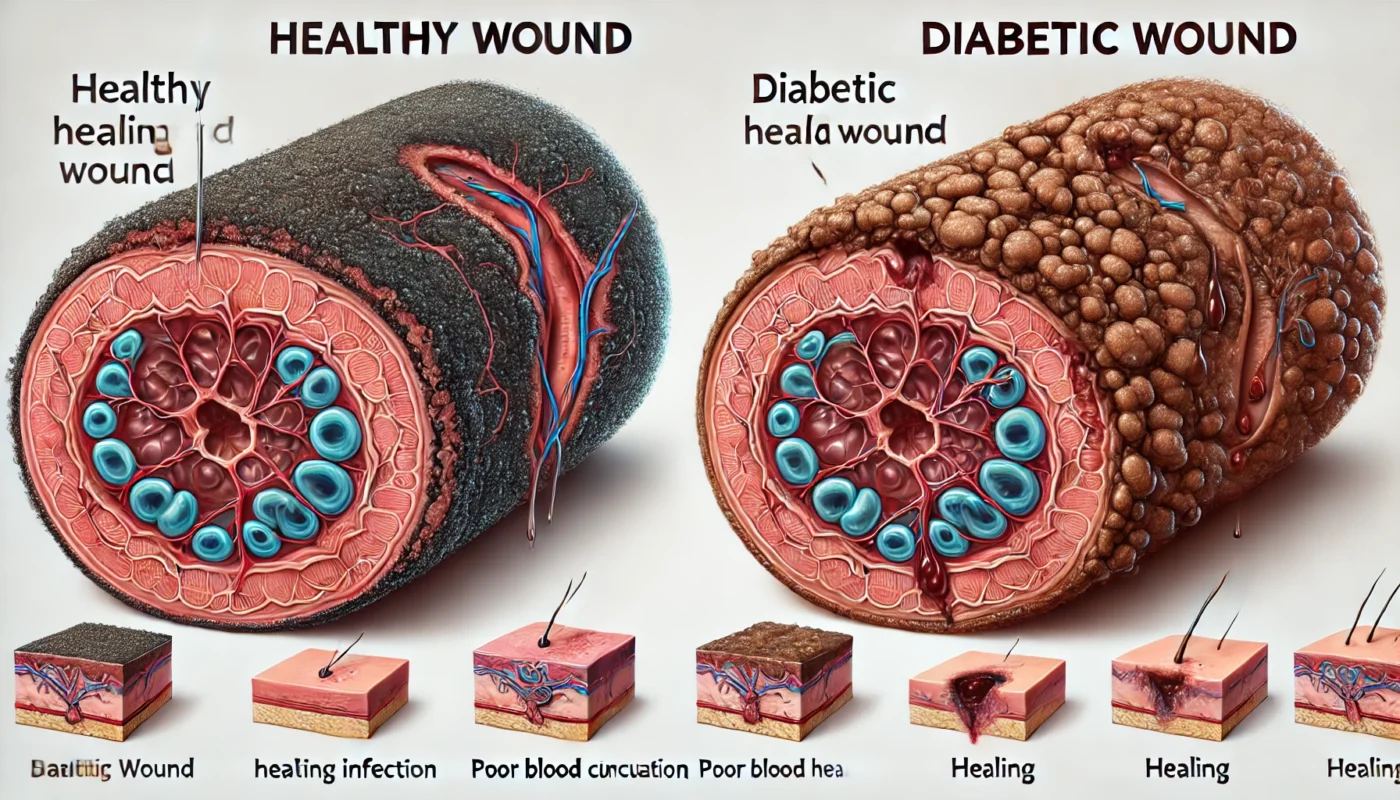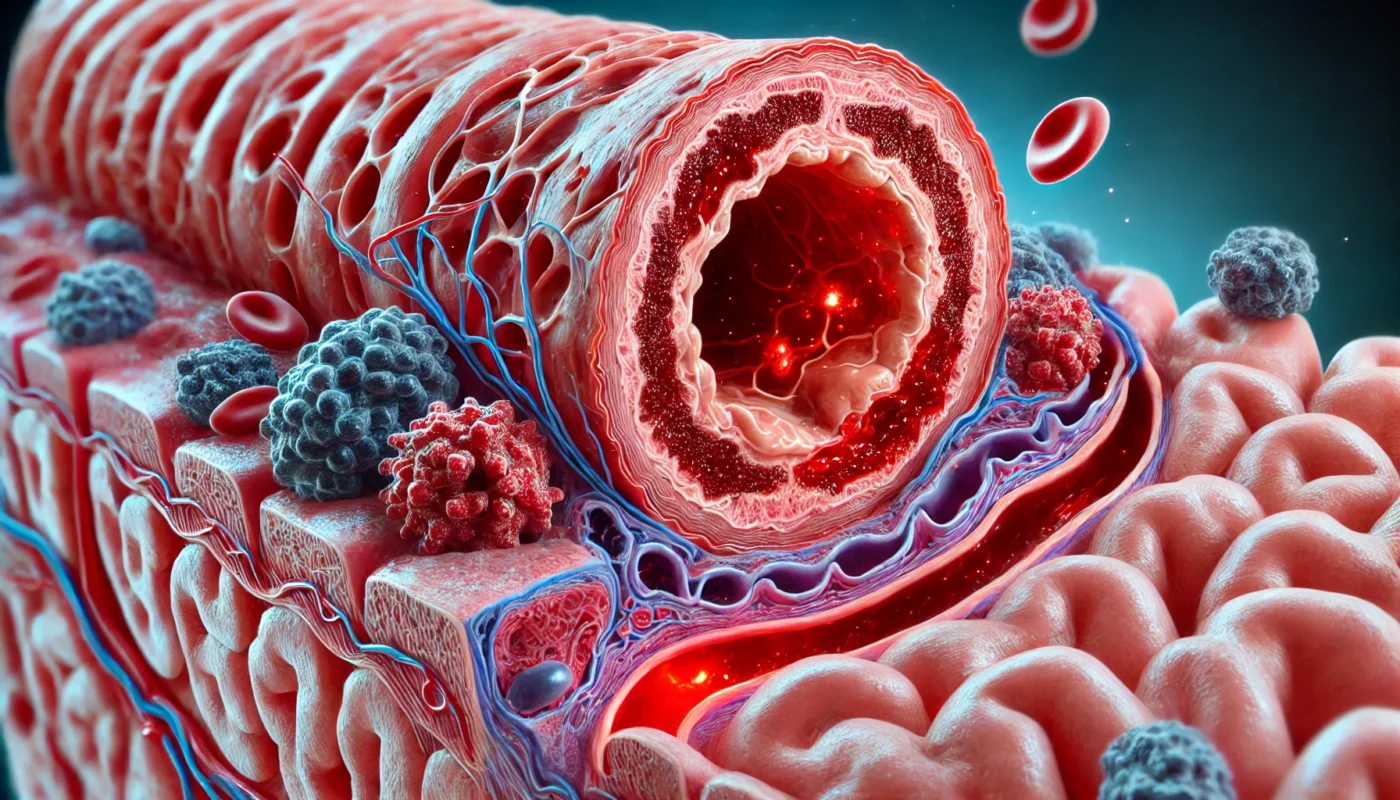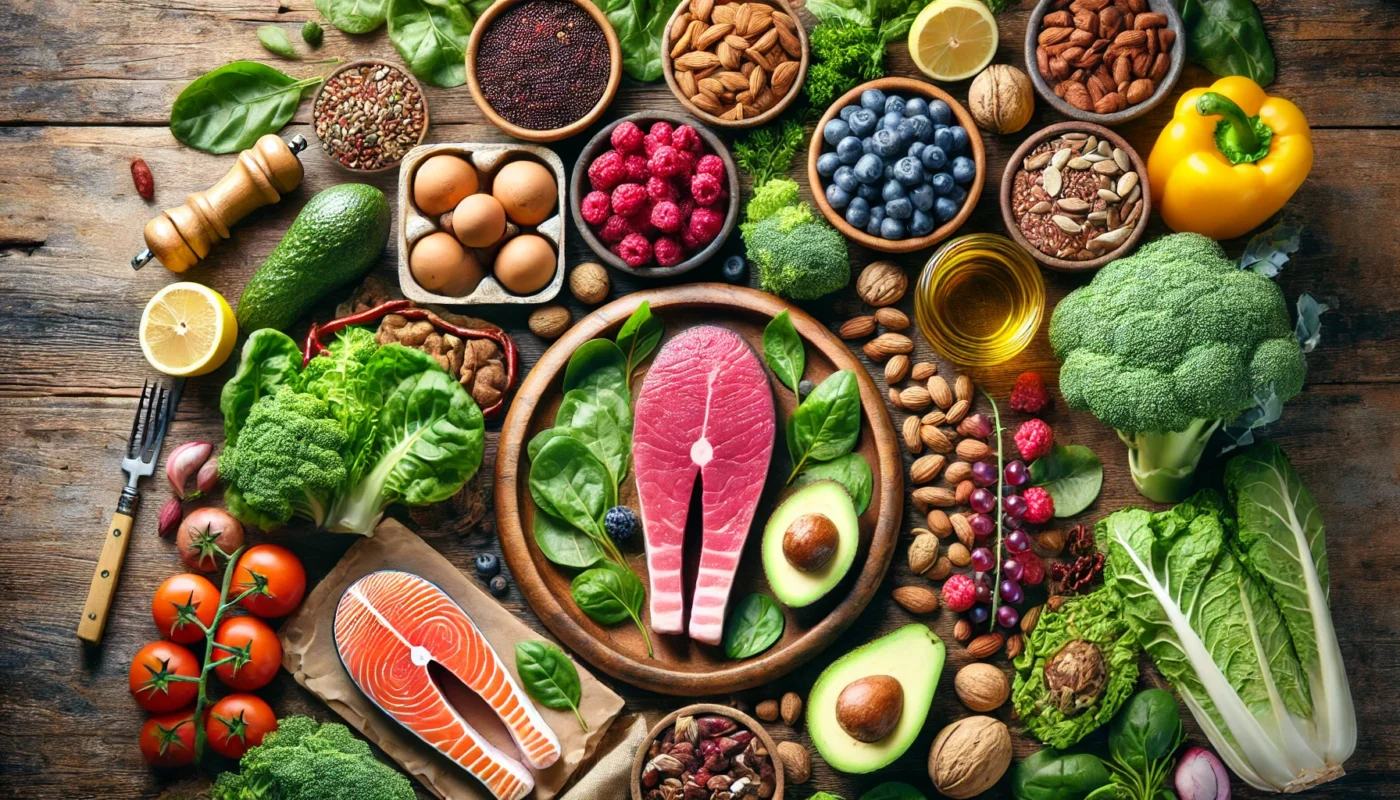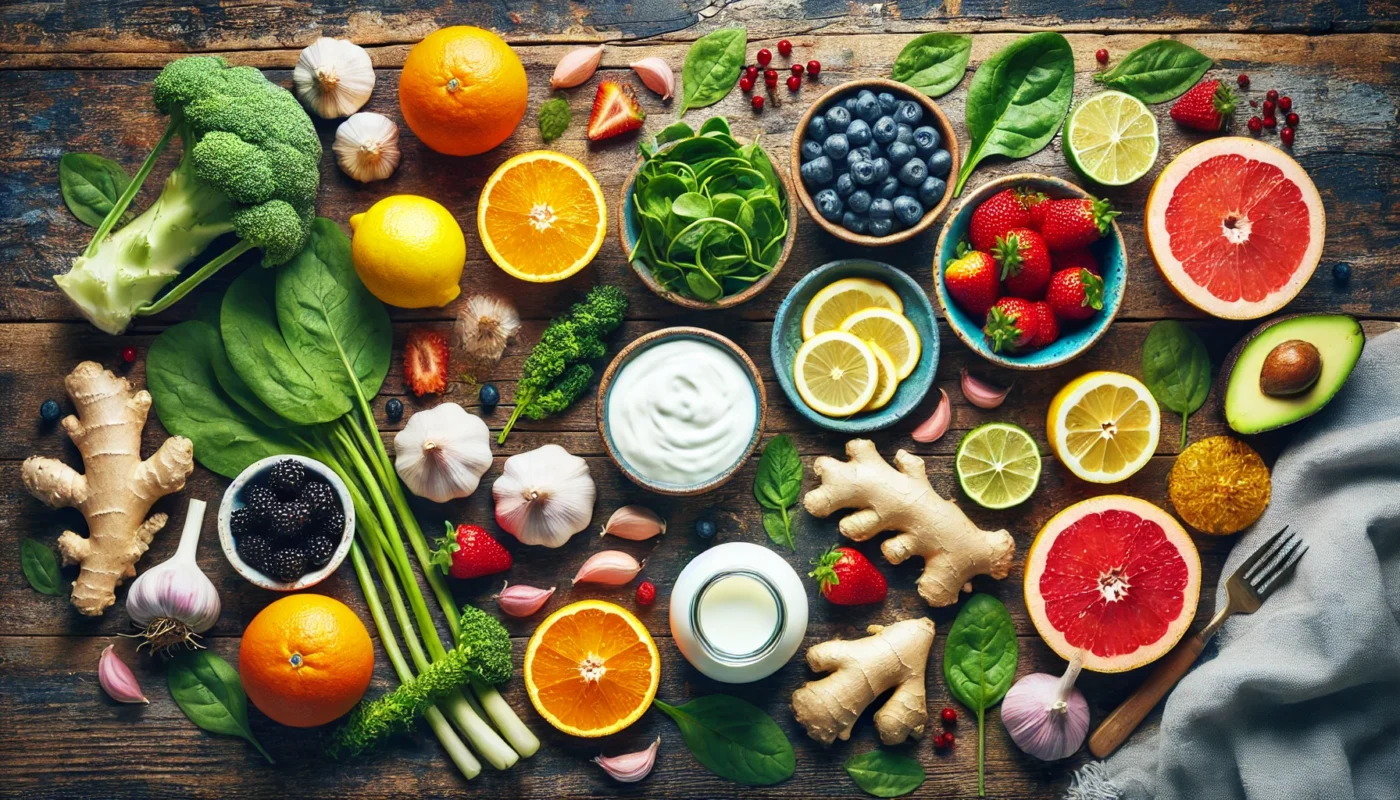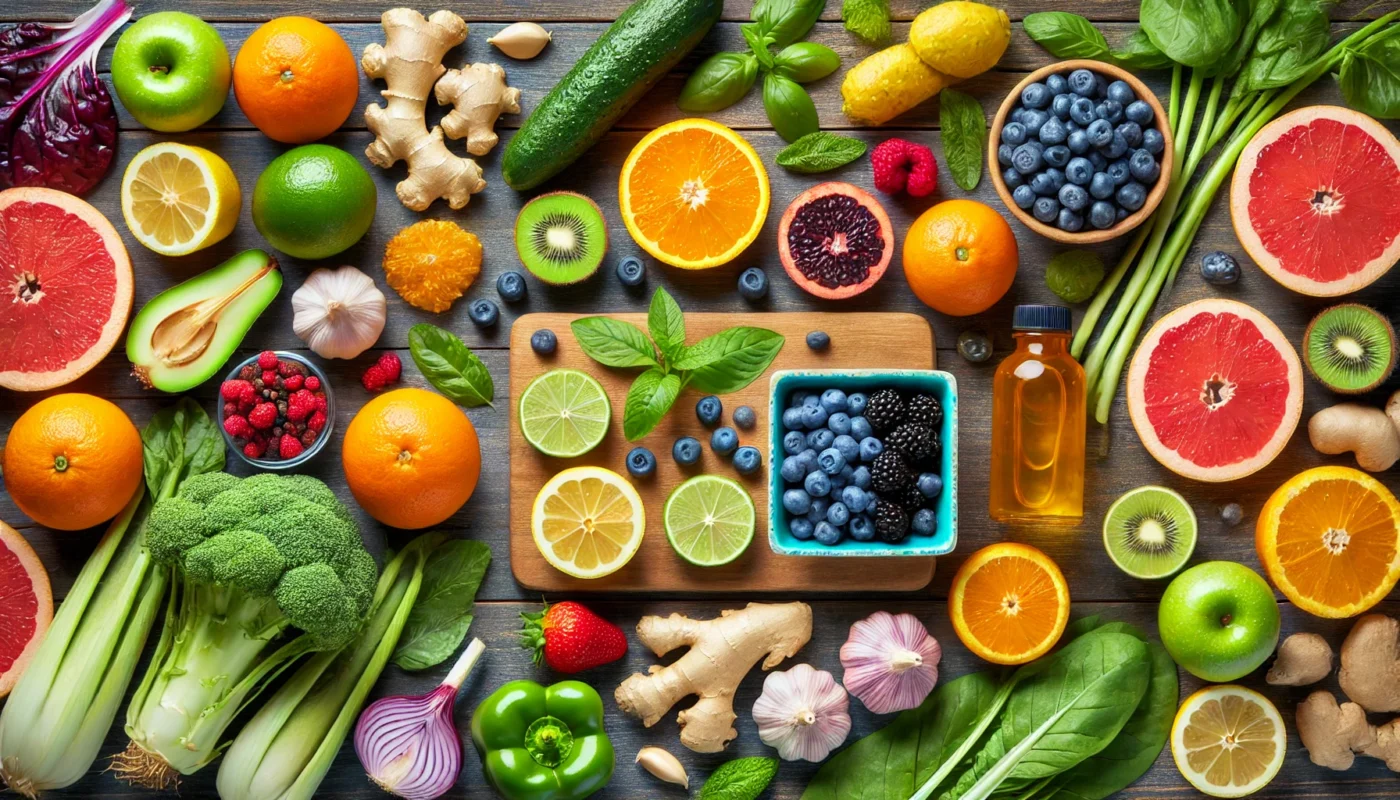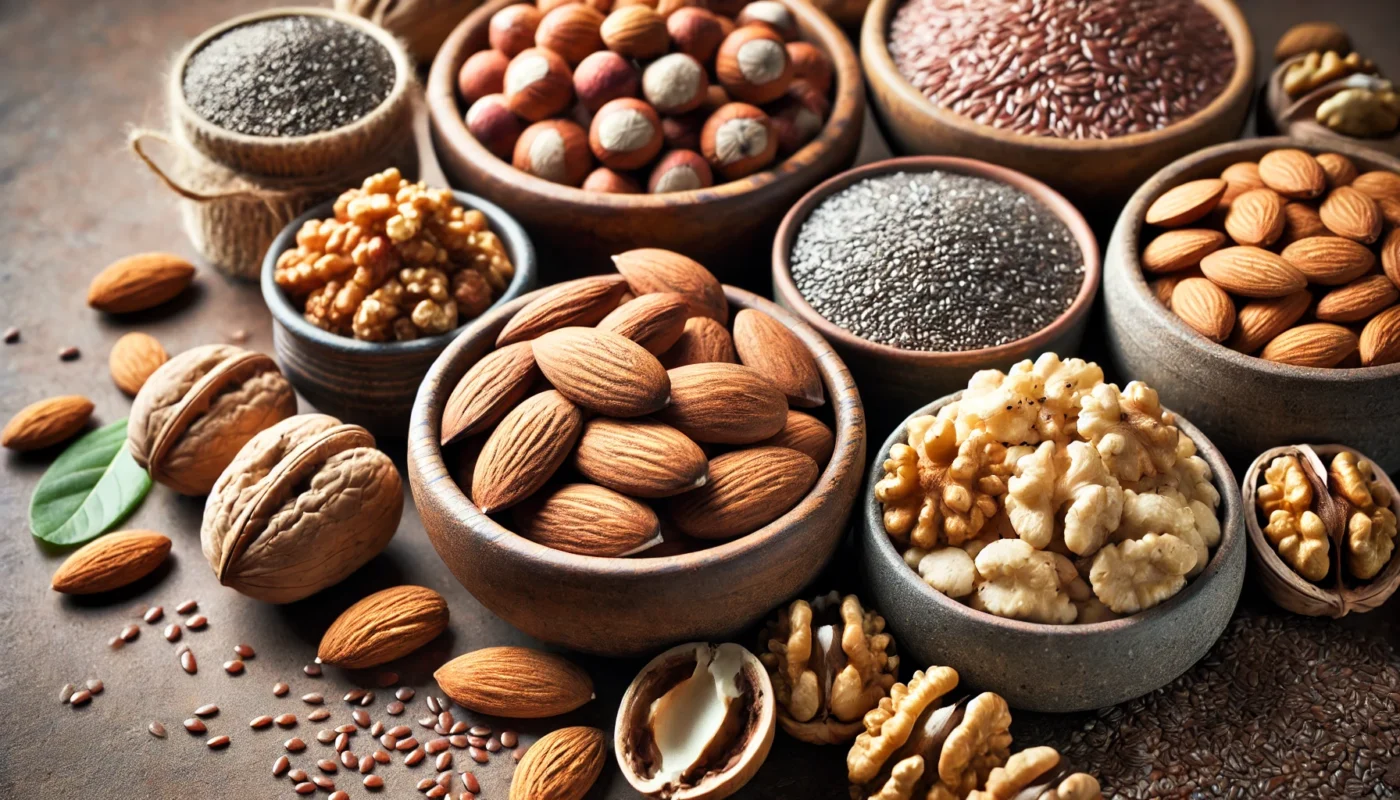Aloe vera, often dubbed the “plant of immortality,” has been revered for its health benefits for centuries. This remarkable plant has fascinated cultures worldwide, from ancient Egyptians to modern-day wellness enthusiasts. Its applications in holistic health practices have made it a staple in many households. But what is the science behind its purported benefits? How does aloe vera work, and what makes it so unique? In this article, we will delve into the scientific research behind aloe vera, exploring its antibacterial properties, diverse uses, and overall benefits.
Tag Archives: immune support
Holistic family medicine is grounded in the belief that the body has an innate ability to heal itself, given the right conditions. This practice involves a variety of complementary therapies and treatments, such as nutrition, exercise, stress management, and alternative medicine, to support the body’s natural healing processes.
Holistic health is an integrative approach that emphasizes the interconnectedness of various aspects of an individual’s well-being. Rather than isolating a particular ailment, holistic methods involve a comprehensive examination of lifestyle, nutrition, stress levels, and emotional health to determine the root cause of an issue. This multi-faceted approach encourages individuals to consider their health from a broader perspective, promoting a balance that fosters natural healing processes.
Diabetes, a chronic condition characterized by elevated blood glucose levels, presents numerous challenges, one of which is impaired wound healing. This complication can lead to severe consequences if not managed properly, making it imperative for individuals with diabetes to understand the nuances of diabetic wound care. This article delves into the intricacies of diabetic wound management and offers practical strategies to prevent complications.
Inflammation is the body’s natural response to harmful stimuli, such as pathogens, damaged cells, or irritants. It is a complex biological response that involves the immune system, blood vessels, and various molecular mediators. The ultimate goal of inflammation is to eliminate the initial cause of cell injury, clear out necrotic cells and tissues, and initiate tissue repair.
The Paleo Diet, also known as the Paleolithic or “caveman” diet, is based on the notion of eating as our ancestors did during the Paleolithic era. The diet primarily includes lean meats, fish, fruits, vegetables, nuts, and seeds, while excluding processed foods, grains, legumes, and dairy. The emphasis is on consuming foods that are as close to their natural state as possible.
A robust immune system is essential for warding off infections and illnesses. It acts as the body’s defense mechanism, identifying and neutralizing harmful pathogens such as bacteria, viruses, and other foreign invaders. While numerous factors contribute to immune health, including genetics and lifestyle choices, diet is a fundamental aspect that can be directly controlled.
Before diving into the specifics of what can help boost your immunity, it’s vital to understand what the immune system is and how it functions. Essentially, your immune system is a complex network of cells, tissues, and organs that work together to defend your body against harmful invaders like bacteria, viruses, and toxins.
The body’s healing process is a marvel of nature, involving a complex interplay of cells, tissues, and nutrients. After surgery or injury, your body requires additional support to repair itself efficiently and effectively. Understanding the role that vitamins play in this process can help you optimize your recovery and ensure that you’re giving your body the best chance to heal.
In this article, we delve into the vitamins that are crucial in promoting healing, explore the best foods to consume post-surgery, and provide practical advice on creating a diet that supports your body’s recovery journey.
Inflammation is the body’s natural response to injury or infection. While acute inflammation is beneficial for healing, chronic inflammation can lead to various health issues, including heart disease, diabetes, and autoimmune conditions. For some, gluten—a protein found in wheat, barley, and rye—can trigger inflammatory responses, particularly in individuals with celiac disease or non-celiac gluten sensitivity.
- 1
- 2




